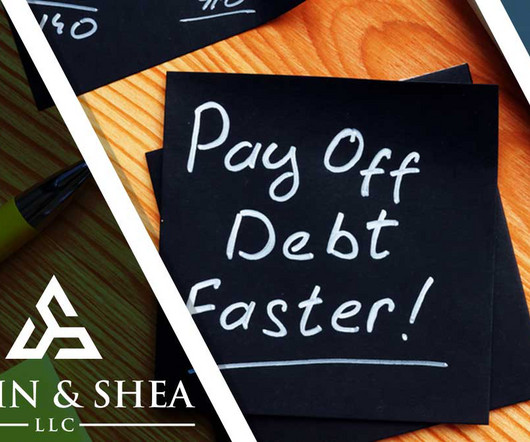What Happens to My Personal Loan After Bankruptcy?
Sawin & Shea
OCTOBER 26, 2022
Unsecured loans are loans that don’t have collateral. Common unsecured loans include: Bank loans with no collateral. In addition to unsecured personal loans, there are other types of unsecured debts, such as: Medical bills. Credit card debts. Payday loans. Signature loans. Repossession deficiency claims.















Let's personalize your content